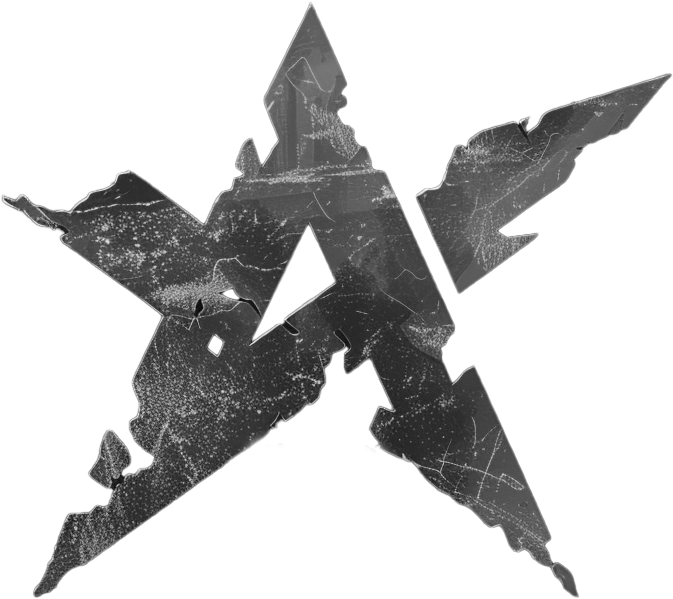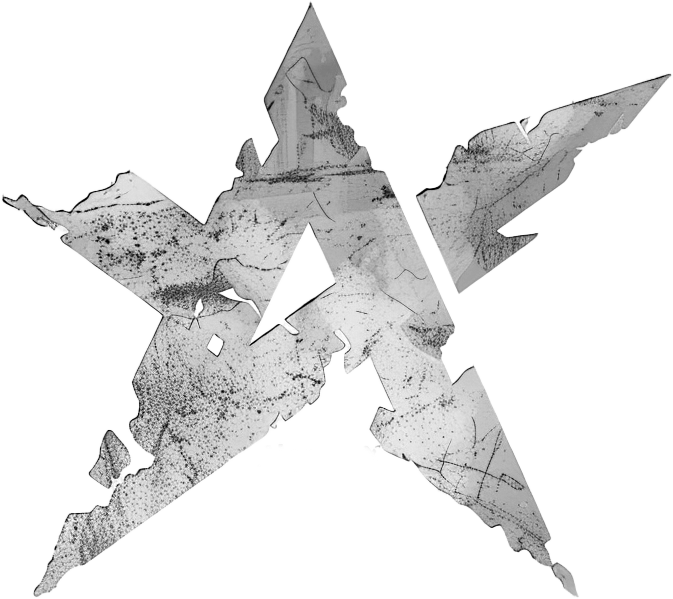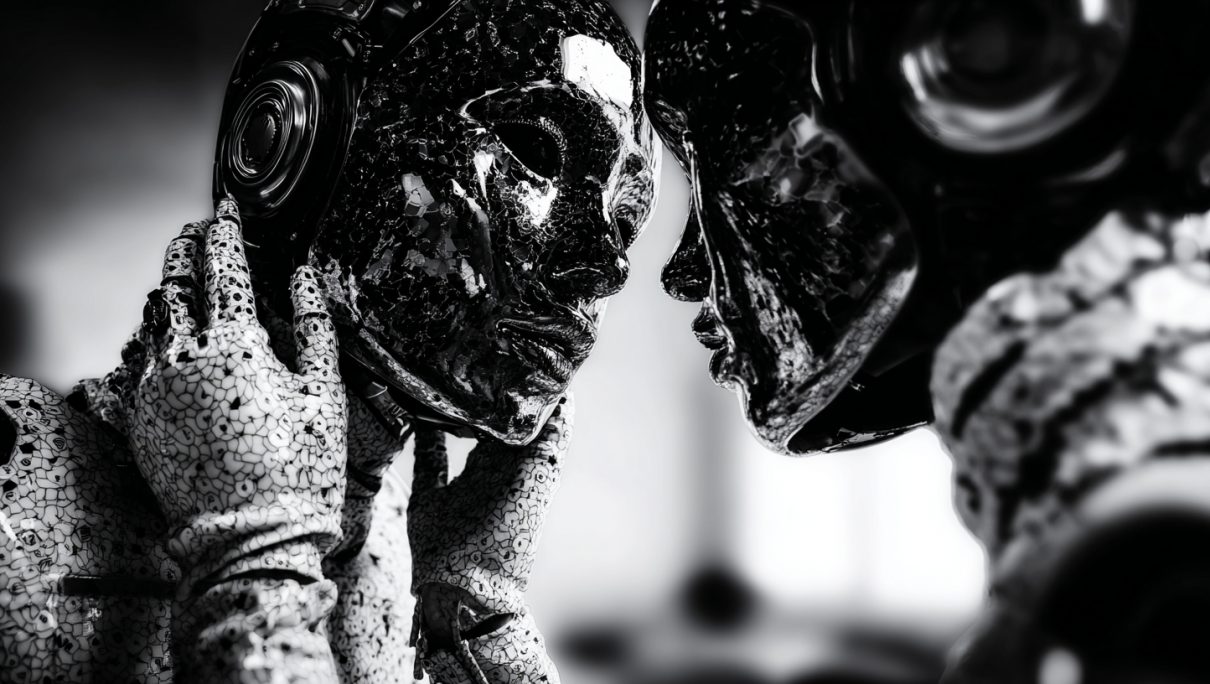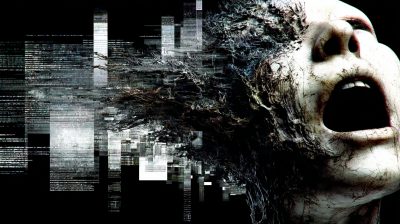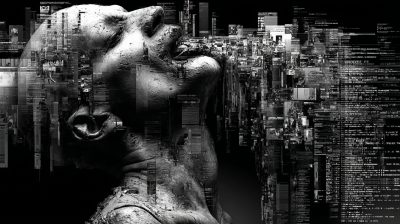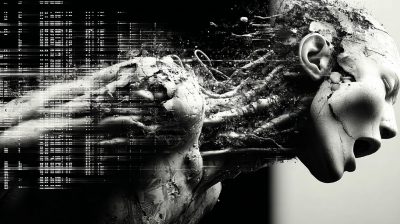Sam Altman’s Internet of the Future: No Websites, Just AI Gods & You
If Sam Altman’s vision of the future comes to pass—particularly his views on AI, decentralization, and human-computer interaction—the internet of the future could look radically different. Here’s a plausible breakdown based on his ideas and public statements:
1. AI as the Primary Interface
-
Conversational & Agentic Internet: Instead of manually searching, clicking, or scrolling, users will interact with AI agents that understand intent and fetch or generate information instantly (e.g., OpenAI’s ChatGPT as a precursor).
-
Personalized Digital Assistants: Everyone could have a customized AI that handles tasks—booking trips, managing finances, even negotiating with other AIs on their behalf.
2. Decentralization & User Sovereignty
-
Blockchain & Identity: Altman’s involvement with Worldcoin (biometric identity) suggests a future where internet identity is verified, secure, and portable, reducing reliance on centralized platforms like Google or Facebook.
-
User-Owned Data: AI models might pay users for their data contributions, reversing the current ad-driven surveillance economy.
3. AI-Generated Content Dominance
-
Most content (text, video, code) will be AI-generated, tailored in real-time for individuals.
-
Synthetic Media Ubiquity: Deepfakes, virtual influencers, and AI-authored news could blur the line between human and machine creation.
4. The End of Traditional Websites?
-
Dynamic, Ephemeral Information: Instead of static web pages, AI might assemble answers on-demand from multiple sources, reducing the need for standalone sites.
-
Decline of SEO: Search engines could be replaced by AI curators that prioritize accuracy over clicks.
5. New Economic Models
-
Universal Basic Compute (Altman’s idea): People might receive AI compute power as a resource, enabling them to build businesses or creative projects without upfront costs.
-
Microtransactions for AI Services: Instead of subscriptions, users might pay per query or task via crypto or digital wallets.
6. Hyper-Personalization & Privacy Trade-offs
-
AI knows you better than you do: Predictive assistance could become eerily accurate, but at the cost of privacy.
-
Zero-Trust Architectures: Encryption and decentralized systems (like Altman’s Worldcoin) may counterbalance surveillance risks.
7. The Physical-Digital Merge
-
AR/Glasses as the New „Browser“: Altman has invested in Humane’s AI Pin and other wearables, suggesting a shift away from smartphones to ambient, AI-powered interfaces.
-
AI + Robotics: The internet could extend into physical acts (e.g., AI ordering a drone to deliver groceries).
Challenges & Controversies
-
Misinformation & Control: If AI generates most content, verifying truth becomes harder.
-
Power Concentration: Despite decentralization aims, a few AI providers (like OpenAI) could dominate.
-
Job Disruption: Creative, legal, and even programming roles may transform or shrink.
Conclusion
If Altman’s vision wins, the future internet will be AI-native, agent-centric, and decentralized, with blurred lines between human and machine agency. It could democratize access to knowledge but also raise existential questions about authenticity, control, and what it means to be human online.
Would you embrace this future, or do you see risks outweighing the benefits?
